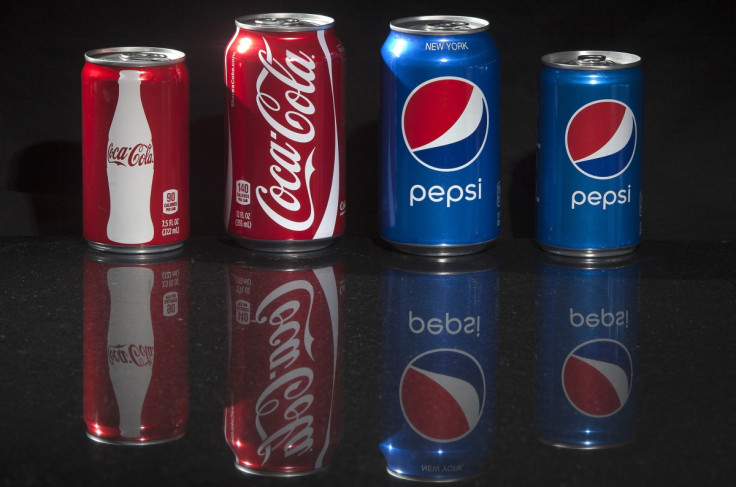Study finds positive effects of Coca-Cola, Pepsi on men's sexual health, may lead to sales boost
The study was conducted in China on groups of male mice. Its findings may give a boost to Coke and Pepsi's sales.

A recent study by researchers in China has made quite a few shocking revelations about the impact of Coca-Cola, Pepsi and other aerated drinks on men's sexual health.
The study conducted by a group of researchers at the Northwest Minzu University in China revealed that these drinks can increase testosterone levels and testicles size in men. It further added that aerated drinks can also reduce the risk of prostate dysfunction and cancer.
The latest study has contradicted all the past studies which claimed that consuming sugary aerated drinks can make men less fertile. It might have just given some hope to men and could also lead to a significant jump in Coca-Cola sales as the carbonated drinks markets struggles to make a recovery since Covid-19.
The lockdowns closed down public spaces such as movie theatres, restaurants and entertainment parks for a significant period which led to a decline in Coca-Cola sales. Coke's sales were down by 11.4% in 2020.
However, the reopening of markets and economies put sales back on track and the findings of the new study is only expected to boost sales even further. Since humans are too fond of looking for quick fixes to every solution, the findings can actually see more men buying and consuming these carbonated drinks.
According to the findings published in the journal Acta Endocrinol, the study was conducted on groups of male mice over a period of 15 days. The mice were divided into groups, one was given only water while the others were given Coca-Cola and Pepsi in different quantities.
The mice were tested for different changes during this period and the researchers found that for the mice who drank carbonated drinks every day, their testicle sizes had increased. Their testosterone levels have also improved by the end of the 15th day.
"The concentrations of serum testosterone in all mice were enhanced after the Pepsi-Cola and Coca-Cola treatment," The Mirror wrote quoting one of the authors of the study.
This "indicated that high doses of Pepsi and Coca-Cola could improve testosterone secretion of male mice."
"In conclusion, drinking Coca-Cola and Pepsi-Cola could promote testis development, enhance testosterone secretion, increase serum EGF concentrations," stated the author of the study. Our findings provided the scientific basis for fully understanding [carbonated beverages] effects and their mechanism on development and reproduction functions of humans," they added.
However, the researchers have made it clear that more studies need to be conducted to corroborate these findings.
The findings of the aforementioned study do come as a sigh of relief for men who are concerned about their health and carbonated drinks companies who are concerned about their sales. Several studies in the past have claimed that aerated drinks can have harmful effects on health, making a dent on their popularity.
A study by Copenhagen University Hospital in 2016 claimed that Coca-Cola could be making people infertile.
The study was conducted on over 2,500 men and found that men who were addicted to Coca Cola have an average sperm count of 35 million per millilitre as opposed to the 56 million per millilitre found in men who did not consume it in large amounts.
A sperm count of 35 million does fall in the normal range, but it does increase the chances of a person becoming infertile eventually. Another study by the Nicolaus Copernicus University and the Professor Franciszek Lukaszczyk Memorial Hospital in Poland, claimed that consuming it can increase the risk of erectile dysfunction.
In 2017, a global meta-analysis of trends in male fertility found that there has been a 60% decline in sperm count since the 1970s. In addition to sperm count, the analysis of 185 studies published between 1973 and 2011 found that sperm concentrations in semen have fallen by 50% in the last 50 years.
The trend was most pronounced in the US, Europe, Australia and New Zealand. Data from Asia, South America and Africa were less conclusive but also suggested a decline in sperm count. While another study conducted in 2015 found the consumption of sweetened sodas, fruit drinks, sports/energy drinks and iced teas causes 184,000 deaths worldwide annually.
© Copyright IBTimes 2025. All rights reserved.






















